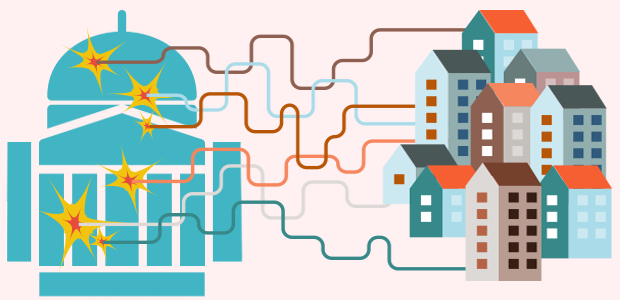Adam Shake, Estes Park EDC – For the Trail Gazette
The Estes Park Economic Development Corporation (Estes Park EDC) invites you to attend a public meeting on Monday, March 5, 2018, to learn about the future of nationally competitive, fast, affordable, reliable broadband services in Estes Park. The meeting will be held from 6:30 pm to 8:00 pm in the Town Hall Board Room, 170 MacGregor Avenue.
“Estes Park EDC supports the Town of Estes Park implementing a build-to-demand, phased approach for building a fiber optic network that can support robust broadband services, as well as enhanced communication services and allow the Town to implement electric power smart grid technologies” said Jon Nicholas, President/CEO of Estes Park EDC. Continue reading






